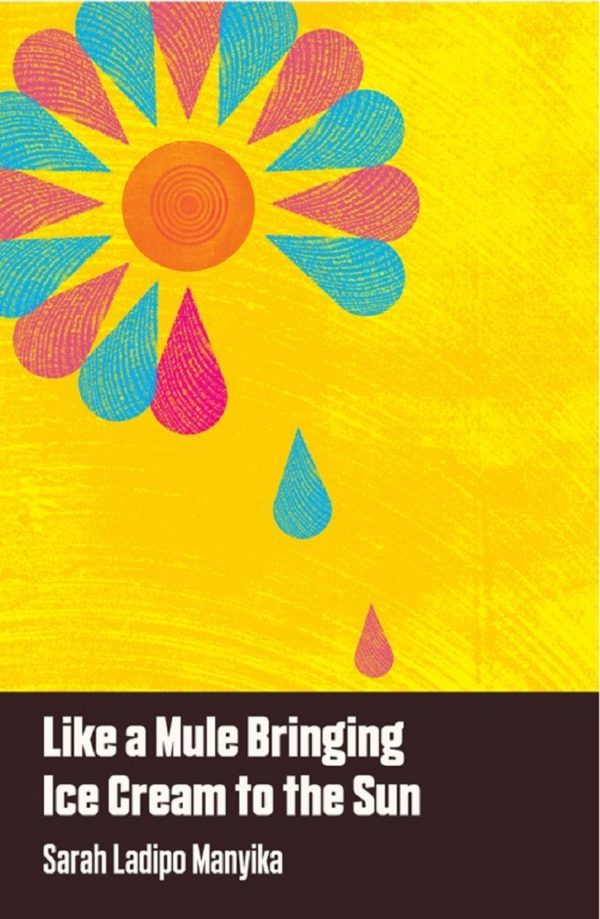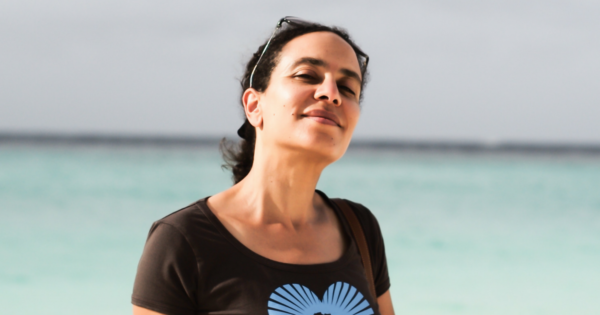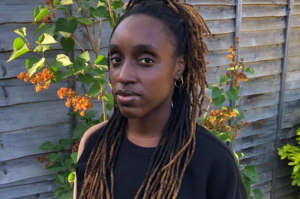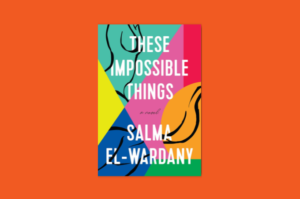
Sarah Ladipo Manyika’s second novel, Like a Mule Bringing Ice Cream to the Sun, has been featured in The New Yorker‘s “Briefly Noted” section, which means that we should expect a review of the novel from them.
Published in 2016 by Cassava Republic Press, the poetically-titled novel became the first by an African to be shortlisted for the Goldsmiths Prize, a development we highlighted considering how fiction from Africa is read primarily on the basis of its subject and rarely on style.

In The New Yorker‘s recent feature, Like a Mule appears alongside Joselin Linder’s memoir The Family Gene, Mary Gaitskill’s essay collection Somebody with a Little Hammer, and Hannah Tinti’s novel The Twelve Lives of Samuel Hawley. Here is what the magazine said about Like a Mule.
The protagonist of this novel is an elderly Nigerian woman living in San Francisco and determined to match its youthful energy. “It’s harder to make young friends here than it is in places like Lagos or Delhi,” she laments. But her decision to mark her seventy-fifth birthday by getting a tattoo and buying the best pastries she can find leads to encounters with other rootless inhabitants—fellow-migrants struggling to adapt to a new home and native San Franciscans made newly homeless. A thread of self-deprecating humor transforms what could have been a morbid meditation on aging into a tale of common humanity. When an Italian-American cop resists fining her, she feels justified in believing that “there is much that binds Italians with Nigerians.”
Praised by Aminatta Forna, NoViolet Bulawayo, Benardine Evaristo, Brian Chikwava and E.C. Osondu, among others, here is a description of the novel by Cassava Republic.
Dr. Morayo Da Silva, a cosmopolitan Nigerian woman, lives in San Francisco. On the cusp of seventy-five, she has a zest for life and makes the most of it through road trips in her vintage Porsche, chatting to strangers, and reminiscing about characters from her favourite novels. Until she has an accident, crushing her independence. Without the support of family, she relies on friends and chance encounters to help keep her sanity. As Morayo recounts her story, moving seamlessly between past and present, we meet Dawud, a charming Palestinian shopkeeper, Sage, a feisty, homeless Grateful Dead devotee, and Antonio, the poet whom Morayo desired more than her ambassador husband.
A subtle story about ageing, friendship and loss, this is also a nuanced study of the erotic yearnings of an older woman.
In Nigeria, Manyika’s first novel, In Dependence, is currently being read for the Joint Admissions and Matriculation Board (JAMB) examination.
Congratulations to Sarah!
See the other noted books in The New Yorker.









COMMENTS -
Reader Interactions